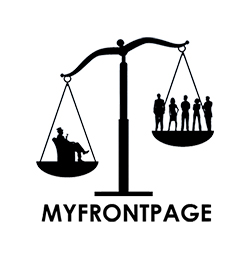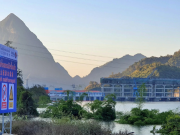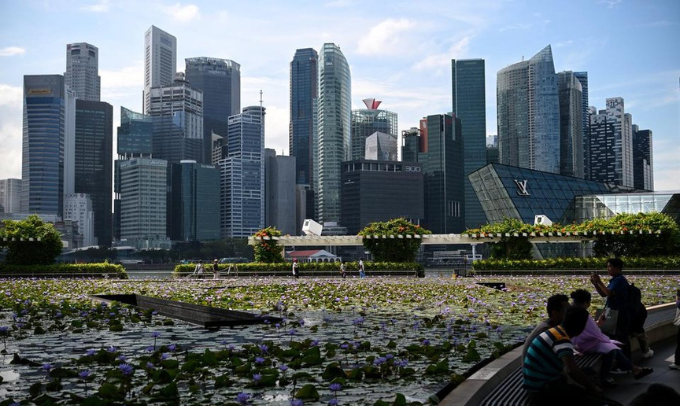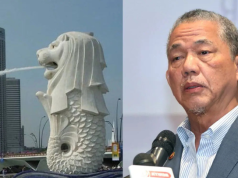Singapore , June 10, 2024
Singapore has long positioned itself as Asia’s premier wealth management center. But in 2025, its surge in family office registrations—private firms managing the fortunes of ultra-wealthy individuals and families—is drawing scrutiny from regulators, economists, and the public.
According to data from the Monetary Authority of Singapore (MAS), the number of family offices based in Singapore has more than tripled over the last three years, with over 1,800 now operating across the city-state. Billionaires from China, India, Europe, and even the Middle East have been moving assets to Singapore, lured by favorable tax laws, political stability, and confidentiality.
But this unprecedented boom has triggered a backlash.
In early 2025, MAS introduced stricter compliance rules for family offices, mandating transparency on asset origins, mandatory audits, and local hiring quotas. The changes come in the wake of a major money laundering scandal in 2024 that involved over $2 billion in assets linked to fake family offices, shell companies, and overseas crime syndicates.
“Singapore’s clean reputation is its biggest currency,” said finance analyst Rachel Tan of the Asia Wealth Forum. “If trust is shaken, the whole ecosystem becomes vulnerable.”
The new regulations are also aimed at ensuring these entities contribute more to the local economy. Offices managing over S$200 million in assets are now required to invest a minimum percentage into local startups, education programs, or green bonds. Meanwhile, hiring requirements ensure they don’t function as passive parking spots for foreign money.
Still, some experts warn that overregulation could scare off legitimate investors. “There’s a fine line between safeguarding the system and pushing capital to Dubai or Zurich,” said a private wealth consultant who works with Indian and Chinese family offices.
At ground level, luxury real estate agents and private banks have reported a slowdown in new inquiries, but say the market remains resilient. “Singapore is still the gold standard in Asia,” said Kelvin Lim, a senior banker with UOB. “But now, you need a clean trail, a solid plan, and local partnerships.”
The government’s challenge is clear: maintain its global appeal while avoiding becoming a haven for illicit wealth.
As 2025 unfolds, Singapore’s balancing act between wealth attraction and regulatory integrity will be closely watched—not just in Asia, but globally.















